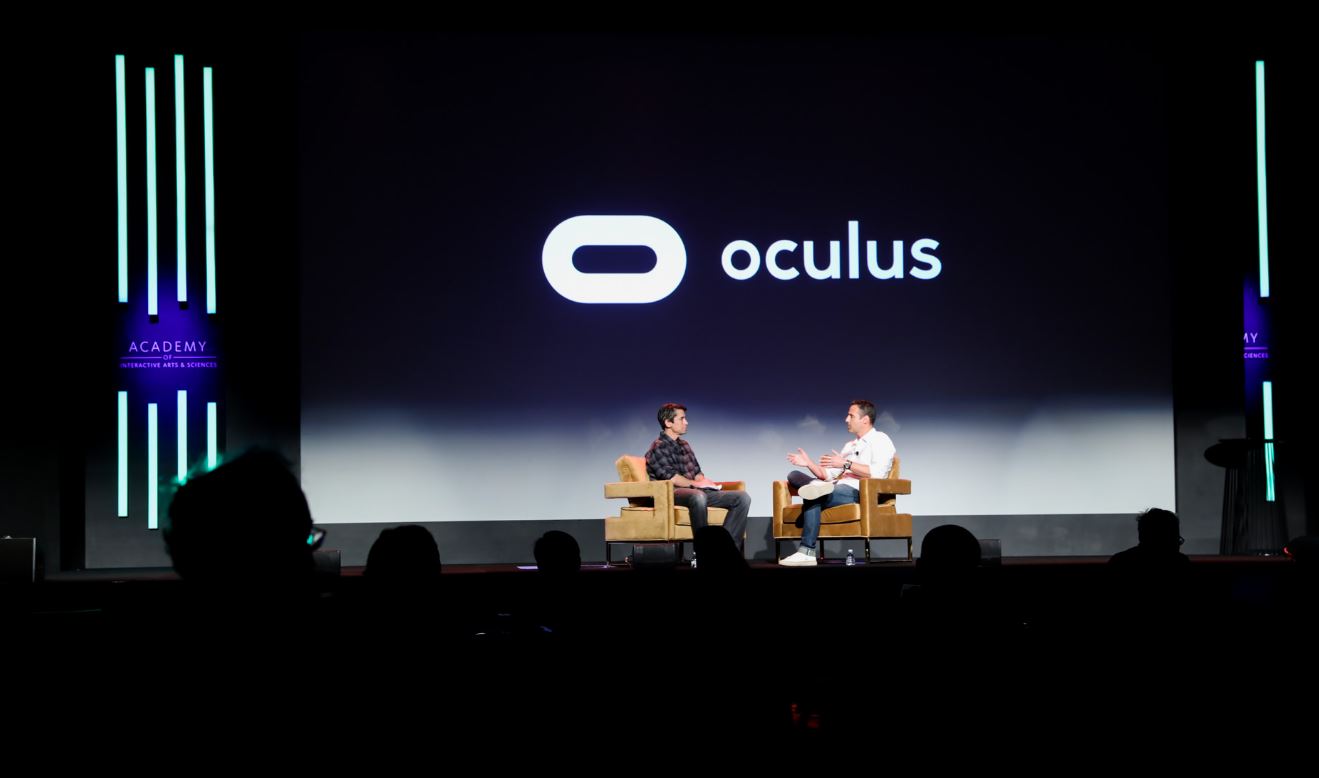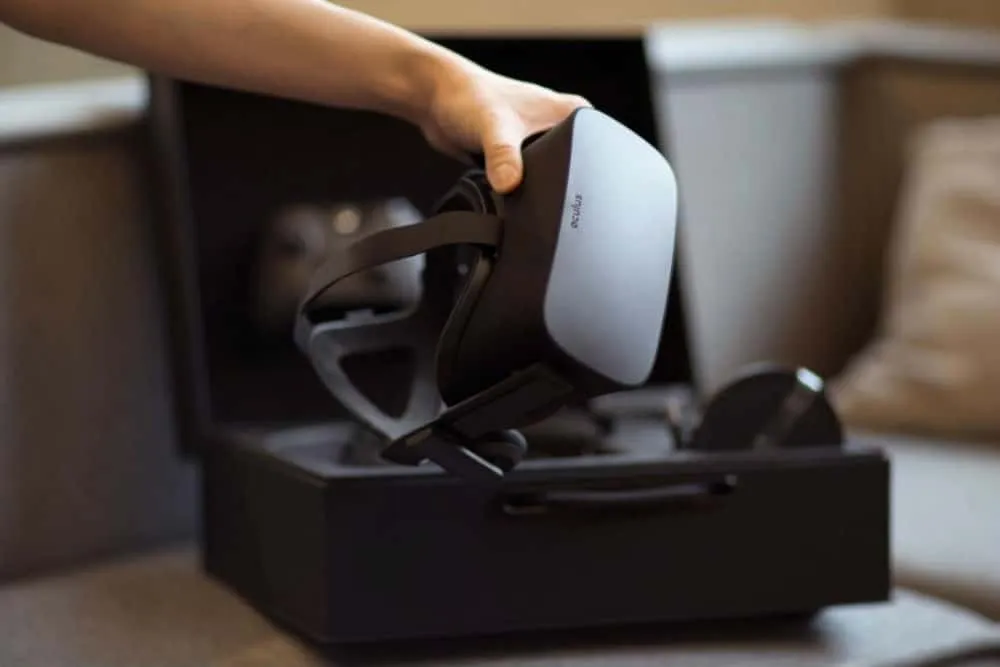During a panel discussion at DICE Summit 2017, Oculus’ Head of Content Jason Rubin was asked to discuss the concept of open platforms in the virtual reality industry. Rubin’s company has infamously been at the center of an exclusivity debate following its decisions to keep the games it funds on Oculus platforms only.
Rubin was asked by CEO of Insomniac Games Ted Price: “What would it take for Oculus to be more open to having its titles on other platforms?” By way of an answer, Rubin addressed the hacks and workarounds people are using to play Rift games on other platforms such as the HTC Vive.
“Just this week I played Dead and Buried with Vive users. I could tell they were Vive users,” Rubin said. According to him, he knew they were Vive users because their in game voice chat was being distorted by the “hacks they were using.” Rather than condemning these actions, Rubin claims that, “we have done nothing to stop this right now and in fact members of the team in Menlo Park are working now to fix the mic problem.“
Rubin’s comments here paint the picture of a much different company than the one that once patched one of its launch games to block users of a hack known as ReVive. That patch was later undone in an even further patch and Rubin is now admitting that Oculus is apparently moving from passive acceptance to actively fixing problems when it comes to these types of hacks. Rubin did not specify which hack he was referring to in this particular case.
Rubin’s response was that “[at Oculus] we totally agree [with the idea of an open platform]” adding that “this is an issue where we agree with the industry more than most people think.”

Rubin pointed to Oculus support of The Khronos Initiative as a sign of its commitment to keeping VR an open platform.“[At Oculus] we support the Khronos Initiative…if there was an open platform for VR we would support it…an open platform is never created by one company and the right way to do this is through the open standard……we believe in the open standard and we will be part of that ecosystem no matter what…it’s not that we don’t support openness, but right now is not the right time in our belief system with what’s available.”
The “one company” Rubin is referring to is most likely Valve who’s Steam content distribution platform is hailed by many as a more open platform than Oculus’ own Home due to its willingness to make VR programs available to both Rift and Vive users.
Rubin, then would challenge the notion that a truly open platform for VR exists as of yet, even including Steam. Instead, he restated Oculus’ commitment to The Khronos Initiative and says that the company is “committed to join it.”


























